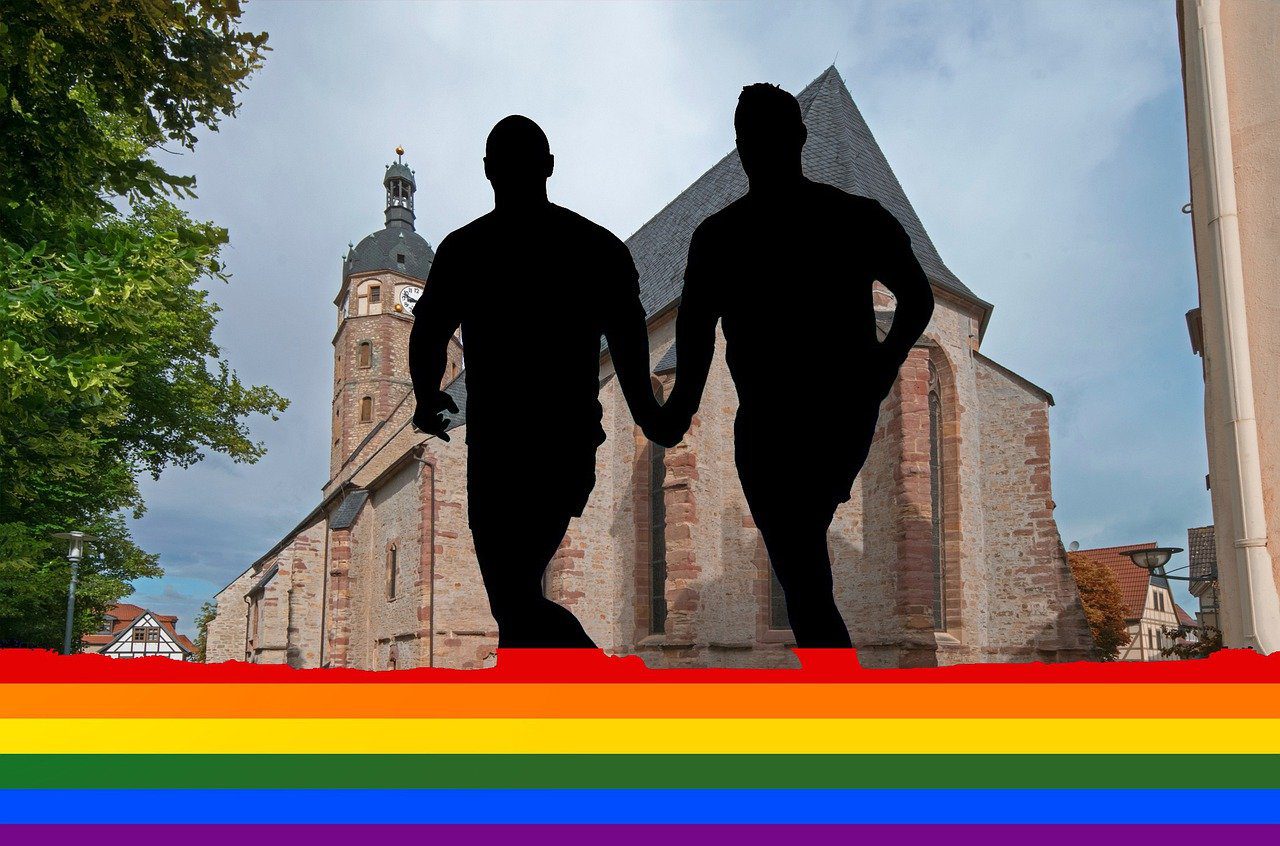
After the German Church’s foray into progressivism via the synodal path, it is now the turn of the bishops of Flanders to take a stand in favour of homosexual unions. Belgian Cardinal Jozef De Kesel and the entire Flemish episcopate of Belgium have just published a liturgy for the blessing of same-sex unions.
The announcement of the initiative is highlighted on the website of the Belgian Catholic Church, with explicit reference to the encyclical Amoris Laetitia, and more broadly, to the openness witnessed by Pope Francis in his call for “discernment, guidance, and integration.” The Flemish bishops express their intention to “give a concrete response and fulfilment to the desire to give explicit attention to the situation of homosexual persons, their parents, and families in their policy making.” By signing their document “the Flemish bishops,” the prelates present themselves collectively. The term refers to Cardinal Josef De Kesel of Brussels, Bishop Johan Bonny of Antwerp, Bishop Lode van Hecke of Grand, Bishop Patrick Hoogmartens of Hasselt, and finally Bishop Lodewijk Aerts of Bruges.
The document “On Pastoral Closeness to Homosexual People” includes a formal proposal for a ceremony to bless same-sex couples in church. With this gesture, the Belgian episcopate no longer intends to offer a simple reflection or a prayer intention proposed to the faithful for the return of homosexuals to lives in conformity with the Catholic faith; it is instead a deliberate policy intended to be implemented.
This text—for liturgical use, thus intended to be used by priests in parishes—is accompanied by the appointment of an interdiocesan coordinator for the pastoral care of homosexuals, Willy Bombeek, a layman who is himself homosexual. The appointment of a ‘contact point’ per diocese is planned, as Dutch-speaking Catholic journalist Jeanne Smits explains on her blog. In an interview published by the Flemish bishops’ portal, Bombeek states that “sexual experience is also a right for LGBT people as long as it takes place within a faithful and lasting relationship.” It further states that the term ‘marriage’ should be reserved for the union of a man and a woman. So this is not a question of ‘marriage,’ but of something “innovative” and “revolutionary” for same-sex couples. The suggested ceremony is presented as “clearly different” from the sacrament of marriage, but there is much confusion, as there is also a prayer of commitment, followed by a prayer of communion for the ‘couple.’
The publication of this text is strategic, as it precedes a November ad limina visit of the Flanders bishops to Rome: it sends a clear signal about their expectations before meeting the Pope. The German synodal path has been repeatedly called to order by the Vatican. It remains to be seen how Pope Francis will react to this stunt, as the Belgian bishops have unambiguously cited Pope Francis’ pastoral messaging as their inspiration for the document.
